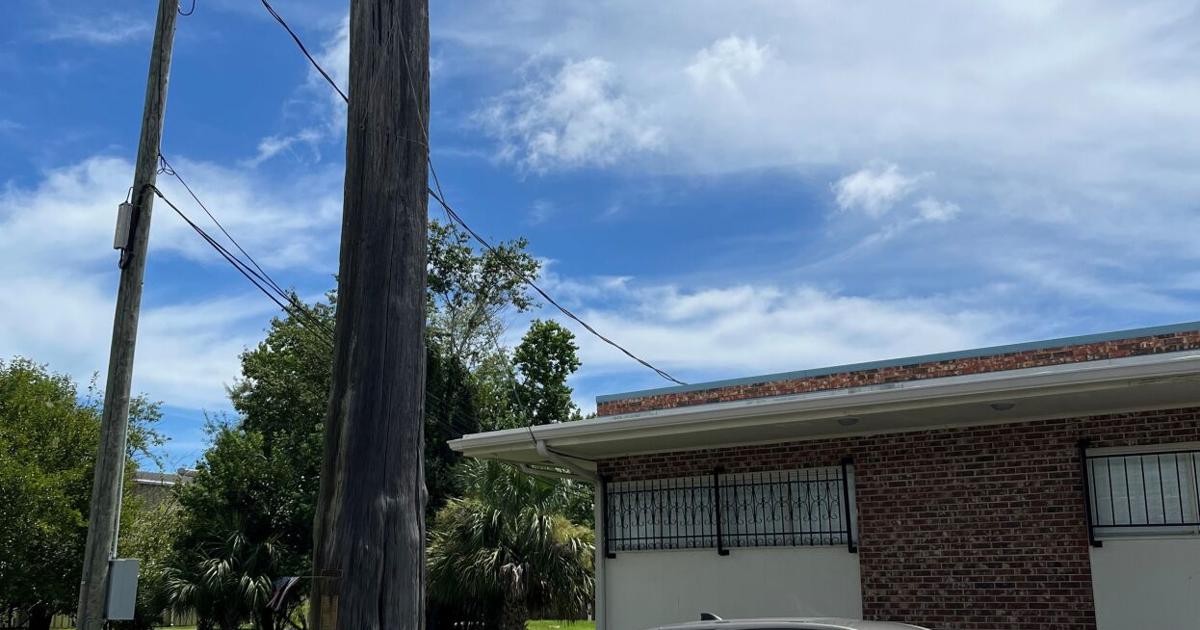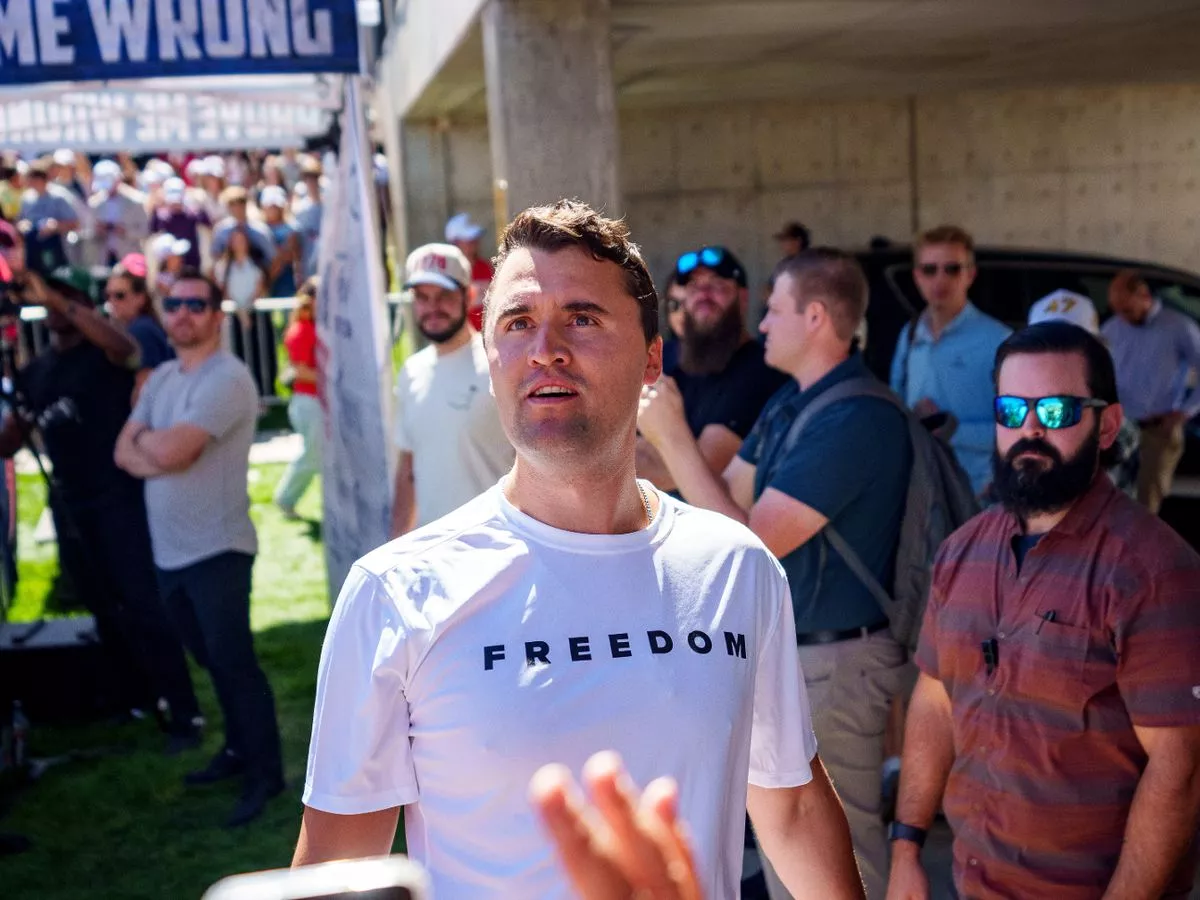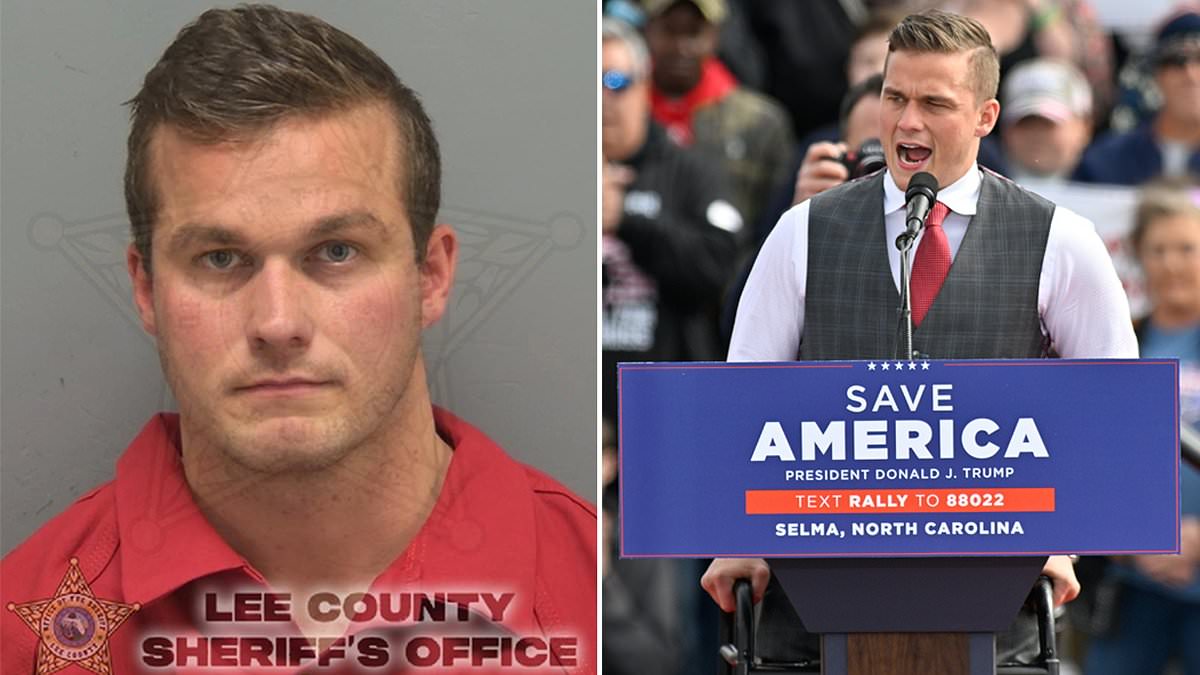By Megan Kenyon
Copyright newstatesman

Fourteen months after Keir Starmer’s landslide victory, his Labour government is plumbing depths of popularity usually associated with third-term administrations stumbling towards a final collapse. Though Reform UK is ahead in the polls, it is Labour’s left flank that is most exposed. Cutting the winter fuel payment for pensioners. Maintaining the two-child benefit cap. Defending Israel’s right to pursue its war aims in Gaza. Attempting to reduce disability benefits by targeting personal independence payments. Each move has alienated Labour MPs, party members and voters to the left, leaving them feeling betrayed.
Unless the leadership maintains its historical electoral coalition – of left-wingers and moderates within the party; traditionalists and progressives in the wider electorate – Labour faces untold damage in the next general election.
In 2020, Keir Starmer ran on a Corbyn-adjacent, mushy left programme that made many loud references to his years as a crusading human rights lawyer, rather than his spell as director of public prosecutions, when he oversaw a series of austerity-era cuts to the Crown Prosecution Service. Once installed in the leadership, Starmer gradually began to shift the party rightwards, and his image changed too: the human rights hero morphed into the hard-man prosecutor.
A zero-tolerance approach to Jeremy Corbyn and his followers was ostensibly driven by Starmer’s desire to banish the “scourge of anti-Semitism” from the party. It was also, in part, driven by the tenacity of his closest adviser, Morgan McSweeney. Describing McSweeney’s project leading up to the 2024 election, one left-wing insider said: “The job of Labour Together and Morgan was to extinguish the left.”
The assault on Corbynism seemed to be rewarded last summer with a landslide, Labour’s largest victory since 1997. McSweeney was hailed as a strategic genius; Starmer as a “grown-up” in comparison to his Tory predecessors, the man to restore sanity to British politics. Hundreds of new MPs were no longer typical bleeding-heart soft-left Labour types; they were “Starmtroopers”, selected by McSweeney and the leadership in the image of their dour and responsible prime minister. The left, and Corbyn, were supposed to be buried in a sealed tomb.
But they have risen again. The left, inside and outside of parliament, is resurgent once more. Starmer’s government is wobbling after a series of scandals. Long-simmering resentments on the left are beginning to boil over and are making it increasingly hard for the Prime Minister to govern.
The most damaging parliamentary row came in July, when soft-left Labour MPs mounted a rebellion against the government’s welfare reforms, forcing it to gut its Universal Credit and Personal Independence Payment Bill and concede to many of the rebel’s demands. Three months later, their mood remains febrile.
Over the summer, Corbyn began to organise (with difficulty) the creation of a new left-wing organisation – unofficially known as Your Party – with the former Labour MP Zarah Sultana. In September the charismatic eco-populist Zack Polanski was elected to the leadership of the Green Party – another threat to Starmer on Labour’s left. Polanski enjoys telling journalists that Labour MPs will soon jump ship now that he’s in charge. The names of two in particular, Nadia Whittome and Clive Lewis, often come up in these conversations. As the government lurched rightwards earlier this year in an attempt to stave off Reform, polling started to show that Labour now risks losing more votes from its left than its right. The party is haemorrhaging members. It has lost almost 200,000 in five years.
In Westminster, left-leaning Labour MPs view the emergence of the Greens and Your Party with a wary respect. These, goes the thinking, are political movements that can only exist when Labour’s leadership has lost touch with the party’s values.
“If there’s a problem, we’ve created that situation,” Bell Ribeiro-Addy told me. Ribeiro-Addy briefly stood to be Labour’s deputy leader – the post recently vacated by the scandal-buffeted Angela Rayner – on behalf of the Socialist Campaign Group (SCG), a left-wing caucus withing the parliamentary party. She dropped out of the race in early September. “The Greens aren’t normally more progressive than us,” she continued, “but if they are putting forward more progressive policies, then that’s a problem.” Richard Burgon, the MP for Leeds East and secretary of the SCG, foresees disaster. Votes lost to the left will strengthen Reform. Nigel Farage in power is no longer difficult to imagine.
Calls for the removal of Starmer himself have begun to surface in the Parliamentary Labour Party (PLP). “We are in a position where we are losing votes to the left, but we’re going to be losing seats to the right,” said Burgon, who served as shadow justice secretary under Corbyn and is one of seven MPs who was suspended last year during a row over the two-child benefit cap.
“We’ve got a historic duty to stop what I would consider to be the first far-right government in our country’s history,” he told me the day after MPs went on conference recess. “We need a return to real Labour values,” Burgon said, “the responsibility for that lies with the Prime Minister.”
The call for a return to “real Labour values” is not unique to Burgon. In July, four MPs on the left of the party – Rachael Maskell, Chris Hinchliff, Neil Duncan-Jordan and Brian Leishman – had the whip removed for being, as No 10 described it, “persistent rebels” over welfare reforms. A less charitable briefing from a Downing Street insider said the four had been suspended for “persistent nob-headery”.
“There are few people that could be more Labour than myself,” Maskell said. “I absolutely hold those Labour values and those traditions of our party to fight for the poor and stand up for people who are disadvantaged. That is my crime. That is all I have done.” Maskell believes she should have the whip restored. While out and about in her York Central constituency, she speaks to voters who worry that if she can’t remain in the party, then they can’t see themselves in Labour either. “We have got to ensure that we have that broad church, that base, which is so important for representing the values of our movement.” Instead, she said, the party has become “incredibly factional”.
I spoke to Maskell just days after Starmer was forced to sack Peter Mandelson as the UK’s ambassador to the US, as further details of the strength of his friendship with Jeffrey Epstein became known. Mandelson remains a Labour peer despite leaving the global stage in disgrace. To many on the left, that Mandelson has kept the whip despite being associated with the world’s most notorious paedophile while Maskell and others remain suspended is unforgivable. But they are also worried about how this “double standard” will be seen by Labour members.
Ian Byrne, who had his own brush with suspension last year after voting to remove the two-child benefit cap – a totemic policy for the left of the party – is seething with rage at the marginalisation of the Labour left.
“This has been run completely on sectarian lines,” he said. “That’s how McSweeney operates. And it’s been to the detriment of the party and the country.” Byrne, like many others, places all of the responsibility for Labour’s failings firmly with McSweeney. “I think there are undoubtedly people around Keir Starmer’s premiership, like McSweeney, who want the left dead and eradicated,” he said, “but what we’re bringing forward and continue to bring forward shows that it’s not dead.”
Factional squabbling inside parliament over legislation and suspensions is one thing. Outside Westminster another left-wing threat to Starmer is growing. Zack Polanski’s Greens, steadily rising as other left groups marginalise themselves through infighting, are expanding in influence.
Matt Zarb-Cousin, formerly a Labour spokesperson during the Corbyn years, formed Greens Organise, the campaign group that powered Polanski’s rise. “I thought there was a huge amount of potential given it was the default left protest vote in the lead up to the 2024 general election,” Zarb-Cousin said. The Greens, he argued, offer a better home for the disaffected left than Corbyn and Sultana’s new party would – and a better home than the Labour government, which he said is “pathologically opposed to anything left wing”.
Since Polanski’s election, he has become a regular left-populist voice on the airwaves; more so than Sultana and Corbyn, despite the interest that has been garnered in their nascent left-wing party.
“Supporting the Green Party, joining or defecting to the Green Party is the best way to put pressure on the Labour government right now,” Polanski said when we met at the TUC Conference in Brighton in early September. With major Labour donors such as Unite threatening to cut ties with the party through a formal disaffiliation, could the Green Party pick up support from the unions? Insiders think this is unlikely owing to fundamental differences between the union movement and the Green Party – but Polanski’s presence at the TUC Conference was welcomed by the unions nevertheless.
Polanski is adamant that Labour no longer deserves to be thought of as progressive. He described the job of “notable voices” on the left of Labour, such as Clive Lewis, as “putting out a fire with a water pistol”. He added: “With respect to Clive – he’s someone I consider a mate – it starts to look delusional. The Labour Party is so dead and gone in terms of being a progressive force. You don’t need to be in the Labour Party: the Green moment is now.”
The Greens are operating more smoothly than the other left group emerging to challenge Starmer. Corbyn and Sultana’s as-yet-unnamed party has been riven by splits and factional fights since the intention to form it – and to strike a bargain of mutual support in the Commons with four Independent Alliance MPs – was announced in July. It is proving a difficult birth for Your Party, with its temporary name and conflicting messaging. But both Sultana and Corbyn have said it will have its founding conference in November.
Left-wing Labour MPs are looking on with interest. “Corbyn put forward hugely popular policies [as Labour leader] in 2017,” Byrne said. “Obviously, he and Zarah were forced out against their will. I think they probably would have wanted to stay [in Labour].” But Byrne is sceptical about the longevity of Your Party. He is not sure it has much to offer beyond Corbyn and Sultana’s personalities.
Now, as an independent, Corbyn is not surprised to see what has happened to Labour. It is “reaping what it has sown” he said. “When a government comes into office promising things will be different, and then things get worse, something has to give.”
But will Your Party ever get off the ground? On 18 September Sultana sent an unauthorised email to all 800,000 people on the party’s mailing list, urging them to sign up. This was quickly rebuffed by Corbyn, confirming after weeks of speculation that a split in this disparate movement has already occurred. On 21 September Sultana backed down: “I am determined to reconcile and move forward,” she said. But after such a public row so early on, has the damage already been done to the foundations of Your Party?
The next general election is likely to be in 2029. By then, Corbyn will be 80. When rumours of a new left-wing party began to emerge, Sultana was held up by many as his natural heir. But the pair’s acrimonious falling out in mid September suggests this left-wing succession may not be so smooth. Though tensions have calmed for now, Your Party may yet fail to launch. Polanski’s popularity may fade. But both forces are demonstrating that a void exists on the left of British politics, one that many in the PLP believe is of Labour’s own making.
Starmer and McSweeney have been acting on the logic that suppressing left-wing insurgency will keep Labour in power – but 14 months after winning a landslide general election, their judgement no longer seems so sound. The key to maintaining Labour’s ascendency doesn’t lie in taking the challenge to Reform; it will only be achieved if the party returns to its base. And that means McSweeney and Starmer opening their arms to the left.
[Further reading: Exclusive: Andy Burnham’s plan for Britain]



